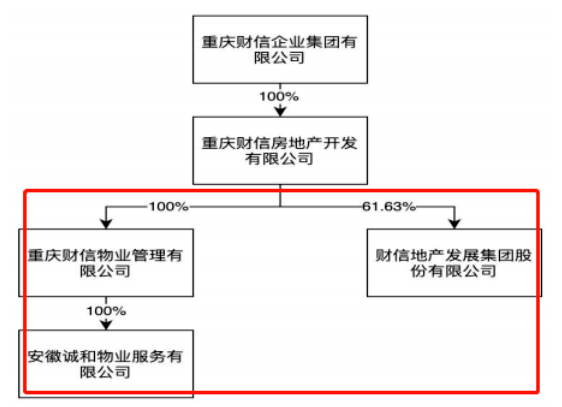
Supply Chain Act What Bangladesh workers hope for
Status: 11.06.2021 11:59 a.m.
With the supply chain law, textile workers in Bangladesh now expect concrete improvements in their job conditions – in an industry for which millions of people work. Peter Hornung, ARD studio South Asia Anju Begum expects a lot from the German supply chain law. “ Once this law is in place, we will be able to take maternity leave with financial benefits, including overtime pay and other facilities, “she says.” We want this law to be implemented. ” Begum is a brave woman. She is 57 and has been working in a textile factory called Jesus Fashion Limited in Bangladesh’s capital Dhaka for twelve years. She has been elected head of the works council several times, most recently three months ago.
“Always threatened with dismissal”
“We are facing a lot of difficulties,” says Anju Begum. “The factory doesn’t have enough work. That’s why we’re always threatened with firing. The management has repeatedly postponed our demands and unsolved problems.” Now the workforce is exerting pressure on the factory owner through the trade unions – which is now also having an effect. The head of the works council was actually able to achieve a lot for the workers: clean drinking water, functioning fans so that work is bearable even now in the heat, and emergency exits that are no longer blocked as they used to be. But there are many things that are not so easy to enforce. Anju believes that the fact that there is now a lever that can be used with German customers changes a lot.
Most of the time women work in the factories
“Once this law is in place, we will be able to share our complaints with buyers when they visit,” she says. “You will also find out that we have been informed of the new law.” Four and a half million people work in Bangladesh’s clothing industry, most of them women. The collapse of the Rana Plaza building eight years ago highlighted the conditions in the textile factories. More than 1100 people were killed at that time. The German Society for International Cooperation (GIZ) says that things have improved a lot since then. There are new laws that are also being enforced. Nevertheless, the country still lags behind international standards in many ways. And that’s why the new German law is raising high hopes in Bangladesh – including Kalpona Akter, one of the country’s best-known worker activists.
New possibility of lawsuits
“ A supply chain law like this is really necessary in order to really hold companies accountable, “says Akter.” For us as a union, there is currently no way of holding German companies responsible. With such a law, we could also sue companies in Germany. That would be very, very helpful and would open a new window for the protection of the workers. ” However, the factory owners are much less enthusiastic, but they do not want to speak in front of the microphone. In conversation with the ARD – Studio South Asia says a manager that he is anything but comfortable with the new law – precisely because the possibilities for legal action for the workers’ representatives would be significantly expanded. In addition, it is to be feared that German customers will now put increased pressure on them.





























































You must log in to post a comment.